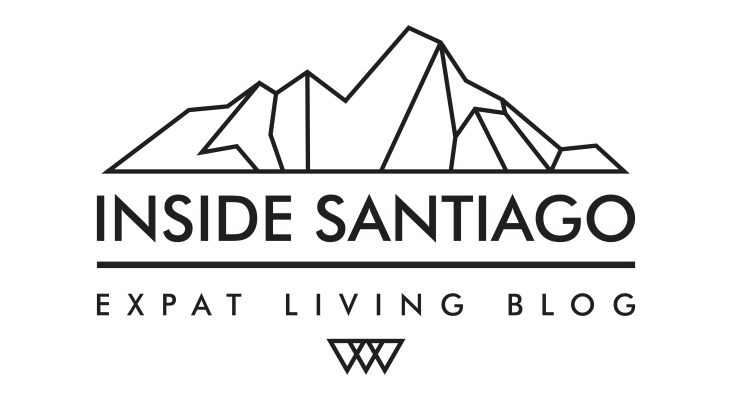
Once you are called for an interview, you should consider a time to prepare for it. But what to do? You are not a fortune teller, so you don´t know what you are going to be asked for. Especially, if you have never been to an interview here in Chile.
Here we go with the tips:
– 1) Company information: this is something pretty obvious, but a lot of people don´t do it. Read about the company: website, public figures, google it. Try to discover the company culture and philosophy. Focus in the area that you are applying for. For example, if you are searching for an opportunity in Finance, you should understand figures and all the available finance numbers. Study the business if you come from other industry. The level of knowledge that you are expected to manage will depend on the seniority of the position that you are applying for. In some positions, it is expected that you do a very depth research, especially if the interview is with the Line Manager.
– 2) Try to think how this position will contribute to your career plan and why you are interested in it and in the company.
– 3) Nowadays, most of the interviews are based in competence questions. That means that you should think about examples where you put them in action. Read the required competences for the position (if not available, try to think which can be the main one). For instance, if the job requires project management, think about the most complex project that you lead. Or for customer service, think about how you manage a difficult situation with a client. Or a situation that you have to say no to a client.
– 4) Your strengths and “development areas” (or the so called weakness) will be asked in different ways. So think about it and search for examples in your previous jobs. For the development areas, don´t be afraid to mention something not positive about yourself, but try to consider how do you deal to mitigate this weakness. Think out of the box and don´t mention the typical things: “I am to responsible” “Very detailed” “Proactive”. A good interviewer could challenged and ask for a different example.
– 5)Think about your main challenges that you deal with, major projects, most complex situations. This could be asked. Think about your major failures and how you deal with.
– 6) For each position, have in mind your main responsibilities and your major achievements. The ones that you achieve and not other people. Sometimes the “we” is not so good, interviewers want to know your contribution and not that someone else did it.
– 7) What are your main skills? Your main talents?
– 8) What kind your working style you prefer? In what environments do you feel more confortable? What kind of bosses do you prefer?
– 9) If you are going to lead a team, think about your leadership style.
Spend some time reflecting about yourself. It is useful if you prepare a file with this information and you read it before the interview.
If you have just arrived to Chile, you could be asked why you are here, are you alone? do you have a family? do you plan to stay here all your life… and a lot of uncomfortable questions. It is good that you are prepared to answer this personal questions. If you are changing jobs, be prepared to answer why do you want to change.
For next time, we will continue with the interview itself…



















